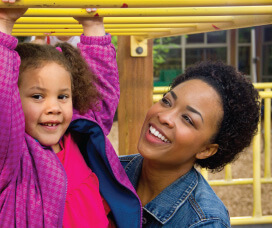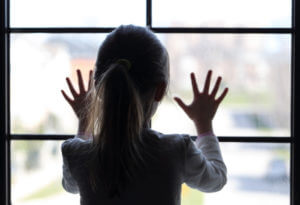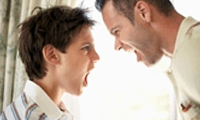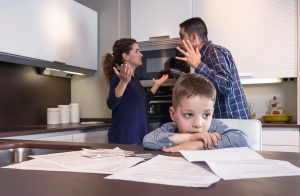When Children of Divorce Act Out – Carin
By Rosalind Sedacca CDC Divorce, like life, is rarely neat and packaged. This is especially true for divorcing parents. The reality of divorce comes with challenges. Unexpected twists, constant frustrations and times of utter helplessness when children act out or pull away. Here are three important tips for coping and responding when your children are venting or lashing out. Or perhaps, expressing their own frustrations about being caught up in a family adjusting to separation or divorce. 1. Diffuse blame Some children, especially pre-teens and teens, may blame one parent or the other for the divorce. Sometimes they may be correct in this interpretation. Especially under situations they have been aware of for years (alcoholism, absent parent, domestic violence, etc.). Other times they side with one parent as a result of their prior relationship dynamics with that parent. Regardless of why you or your spouse are blamed, keep your cool.











